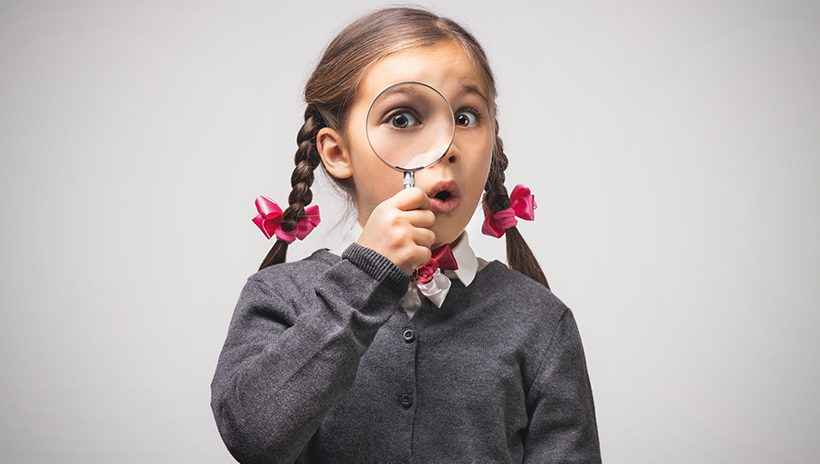SEL & Beyond: Social Awareness “Perspective Detective” Strategy

Perspective Detective
Grades K–12
Competencies addressed: Self-Awareness – Self-Management – Social Awareness – Relationship Skills – Decision Making
Purpose
Supporting students in seeing things from another person’s perspective. By explicitly teaching students to be more conscious of other people’s feelings and experiences, we can create a more accepting and respectful space.
Procedure
Define empathy and perspective taking.
Choose an individual (living person, historical figure, character from book) and ask students questions that help them to examine that individual’s thoughts, feelings, and needs. Then, discuss with students how those experiences would influence that person’s behavior.
Student Reflection
What did you learn about this person that you didn’t know before?
How does this change how you think about them?
Now that we’ve taken the perspective of someone else, what’s something you would like others to know about your experiences?
Opportunities for Differentiation
Empower students by allowing them to choose or vote on the person for the activity.
Support English Learners (ELs) by having students do this activity on a famous English Learner.
Expand the lesson by writing a letter from the perspective of the person being studied. Get creative by having students create a fictional Twitter, Facebook, or Instagram post based on their character’s perspective.
Integrate the arts by having students draw the emotions/thoughts of the person. For older students, they can create a comic and use thought bubbles to demonstrate the thoughts and feelings of the person.
Adapt to online format by walking students through the activity and having them debrief in breakout rooms.
Teachers’ Lounge
- The focus is on being interested in the other person’s perspective or point of view.
- Remember, it’s not about projecting your feelings about the situation onto the person.
- Be mindful of having students take on perspectives that might be upsetting.
- Remember to validate and affirm students’ home language and culture.
As always, we encourage you to modify activities to meet the needs of your students.
About the Authors
Trisha DiFazio is an author, education consultant, and former adjunct professor in the Rossier School of Education at the University of Southern California (USC). She is passionate about empowering teachers and students around Social and Emotional Learning, Cultural Responsiveness, and Mindfulness.
Allison Roeser, Master of Health Science (MHS) and Professional Certified Coach (PCC), has almost two decades of experience working with leaders in education, child welfare, and social change. As an avid learner of mindfulness practices, Allison has seen firsthand the value of integrating self-awareness into professional and personal development.